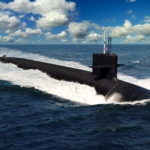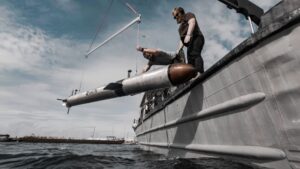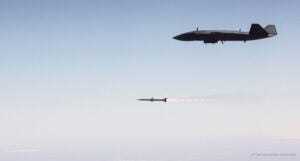
The chairman of the House Foreign Affairs Committee (HFAC) recently said 22 weapon systems approved for transfer to Taiwan are not due to be delivered until 2025 or 2029, following his own recent trip there. “After seeing Taiwan's defense capabilities firsthand, I can say that they're not where they need to be. Weapons sales I signed off on four years ago, and the ranking member, have yet to make it to Taiwan. [Taiwanese] President Tsai [Ing-wen] asked me where are…

 By
By 











